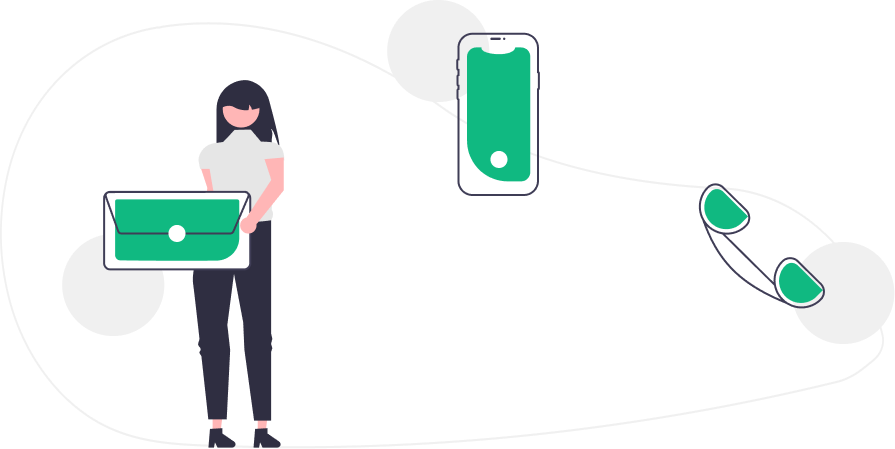Job burnout is a state of physical or emotional exhaustion due to work related stress that includes a diminished sense of accomplishment and a loss of one’s sense of self.
Ask yourself:
- Have you become cynical or critical at work?
- Do you drag yourself to work and have trouble getting started?
- Have you become irritable or impatient with co-workers, customers or clients?
- Do you lack the energy to be consistently productive?
- Do you find it hard to concentrate?
- Do you lack satisfaction from your achievements?
- Do you feel disillusioned about your job?
- Are you using food, drugs or alcohol to feel better or to simply not feel?
- Have your sleep habits changed?
- Are you troubled by unexplained headaches, stomach or bowel problems, or other physical complaints?
If you answered yes to any of these questions, you might be experiencing job burnout. Consider talking to a doctor or a mental health provider because these symptoms can also be related to health conditions, such as depression.
Job burnout can result from various factors, including dysfunctional workplace dynamics, unclear job expectations, an inability to influence decision making, work-life balance or lack of a support system.
To take action, you should discuss specific concerns with your supervisor, or seek support from your co-workers, friends or loved ones. Exercise and stress relieving activities can help to take your mind off of work.
“Burnout” isn’t a medical diagnosis. Some professionals believe that depression or other conditions may be responsible for burnout. Researchers have noted that a person’s personality and personal circumstances may affect whether they experience job burnout. Regardless of the source, job burnout can have an influence on your physical and mental well-being. Think about ways to identify job burnout and what you can do to prevent it.
When we experience frightening or distressing events like these we react with our bodies, thoughts and feelings. This is natural. It is important to understand this. Everyone reacts when they go through something stressful and difficult. Most people recover from difficult experiences by themselves or with the help of friends, family, or others.
Mental health first aid involves knowing common reactions to distressing events and how to help people cope with these reactions. It also can help people in distress cope better emotionally and practically, and in this way help reduce negative impacts of crises events.
Mental Health First Aid takes the fear and hesitation out of starting conversations about mental health by improving understanding and providing an action plan that teaches people to safely and responsibly identify and address potential mental distress. It is a way of assisting someone to manage their situation and make informed decisions.



